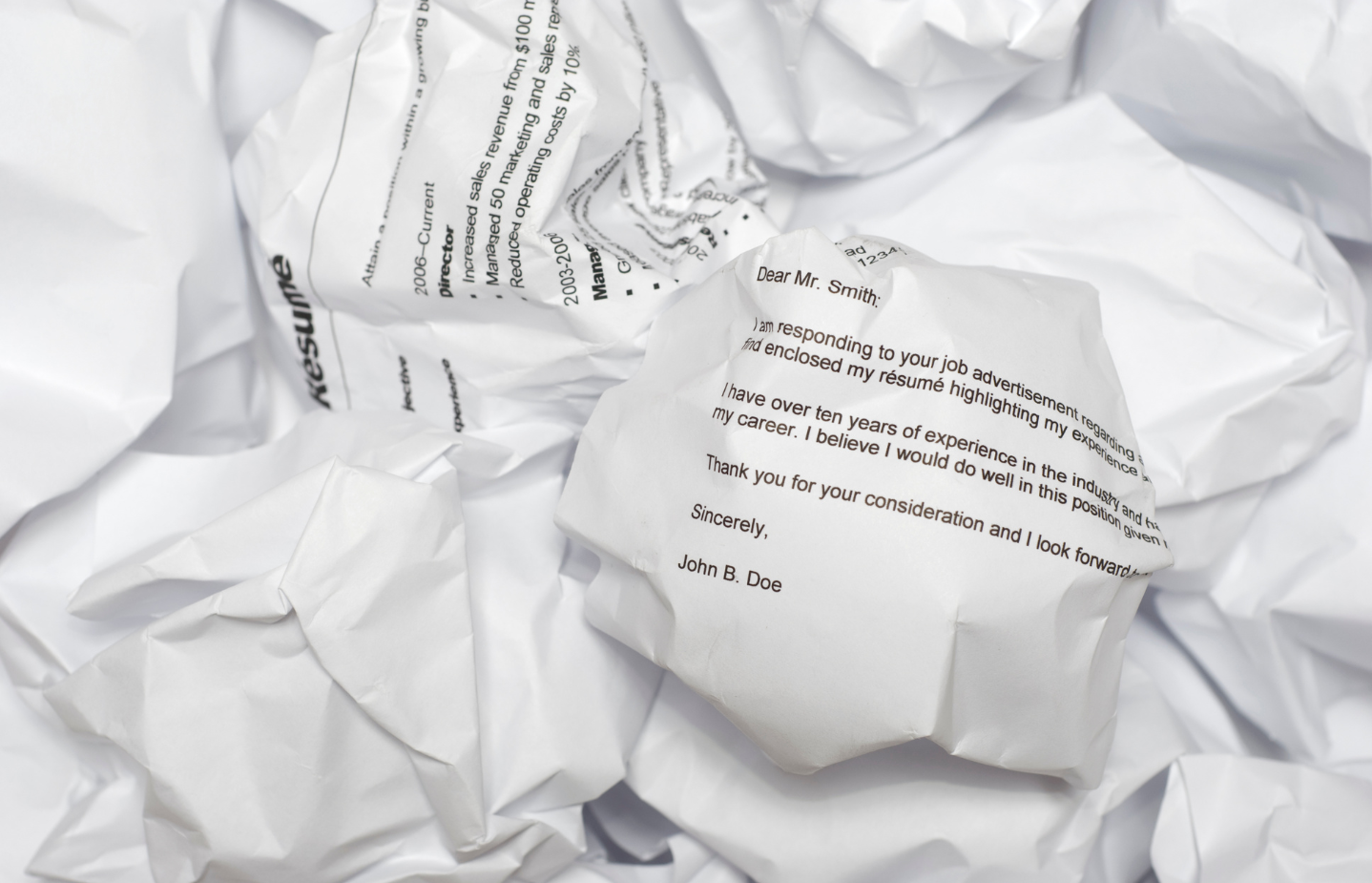
Cover Letters: Outdated? Or Your Secret Weapon As A Jobseeker?
- May 18, 2023
At Clayton Recruitment, we’ve long been advocates of the humble cover letter to create standout for our jobseekers and provide that golden opportunity to add personality and interest in the role, over and above a CV. Although there is often some debate about the usefulness and relevance of this format. In fact, according to some recent research that we conducted within our professional network, 45% think they are no longer necessary…
The pandemic undoubtedly accelerated the use of technology as part of the hiring and recruitment process, and candidate profiles were (and continue to be) further enhanced through video and other digital platforms that allow all parties to explore role profiles and best fit, particularly when face-to-face interviews were largely paused, and are no longer the ‘standard’ anymore.
What is clear is that any format that provides those looking for a new role the chance to demonstrate suitability for specific roles and illustrate relevant skills and experience can only be an advantage – especially in creating stand out.
In short, they are a golden opportunity to introduce yourself, highlight your most desirable skills, and create a good impression to either/both your specialist recruiter or the hiring manager of the business in question.
So why on earth are they so often skimmed over – or even worse, left out altogether?
Without a cover letter, your job application is just another sheet of paper, or another PDF file on the computer screen – one often lacking in personality and excitement.
And you know what? That’s fine: after all, the CV’s function is to list experience and skills. Your cover letter is there to add interest.
Without a cover letter, your CV is much more likely to be skimmed over and discarded. It might not even be read at all – almost certainly the case if the job description has asked for a cover letter to be included.
However, that’s not to say that any old cover letter will do. There’s an art to writing a good cover letter – one that will make a recruiter straighten in their seat and think, ‘hmm, this person looks interesting.’
WHAT TO INCLUDE AND WHAT TO LEAVE OUT OF A COVER LETTER
- Write your cover letter in the first person. When you’ve written your first draft, check over it and you’ll probably find that you’ve started every single sentence with ‘I’. Go back and reword some of the sentences so that they have variation in how they begin – it makes the cover letter read better and will increase the impact.
- Mix it up and write different cover letters for different organisations. Personalisation is key and always gets noticed. Your recruitment consultant can help you with this. For each job application, scour the job ad to look at the particular skills or competencies they’re seeking. Write your cover letter to tell them how your skills and experiences fit what they are looking for. Include why you want to work for their company too.
- Remember not to ramble: If it’s a big block of text crammed onto one page, then you put the person off ever reading it at all. Four to six very short paragraphs are the perfect length.
- Ensure you create white space between each major piece of information, so that it is easy to read and pick out the critical parts. In today’s online world many cover letters could be read on mobile so factor this in too.
- Use straightforward, clean language; no waffle or confusing acronyms. Complex language can be a headache for the reader and confuses the message – i.e. why you’re the ideal person for the role.
- Break overly long sentences into shorter ones, then read it aloud and see how it sounds.
- Put all your contact details on the cover letter. If you are unavailable to take calls during working hours, advise when is suitable.
- Make sure you mention the name of the company in the body of the cover letter and demonstrate that you have done your research on the company in some way. This marks the application out as targeted and that you care enough to make your application stand out.
- Strike a balance. Every company enjoys being flattered. While you want to demonstrate you are the right person for the role, be aware you don’t come across as sounding desperate.
- Don’t send your letter without having someone read over it for spelling and grammar mistakes. Of course, run it through spellcheck first, but that won’t always pick up homophones such as ‘their and there’ or ‘your and you’re’.
- Put real thought into what the reader might find interesting about you, your work experience, your interests and your personality.
In short, keep it short. Keep it readable. Keep it relevant to the job offer. Get someone to check it. Above all, put some serious effort into making sure it’s as good as it possibly can be, as a lack of effort will rarely open the door to an interview.
About Clayton Recruitment
Clayton Recruitment has been partnering with organisations across the country since 1989 and during that time has built up an excellent reputation for trust and reliability.
With specialist divisions covering Commercial, Financial, and Engineering appointments, on a permanent basis.
If you are building your existing team or looking for your next career move, we can help. And, if you are currently employed, you can be assured of complete confidentiality, professionalism, and honesty throughout the process – as standard.
Click here to speak to one of our experienced specialists or call 01772 259121 for more information on how our exceptional recruitment experience can help your career aspirations.



